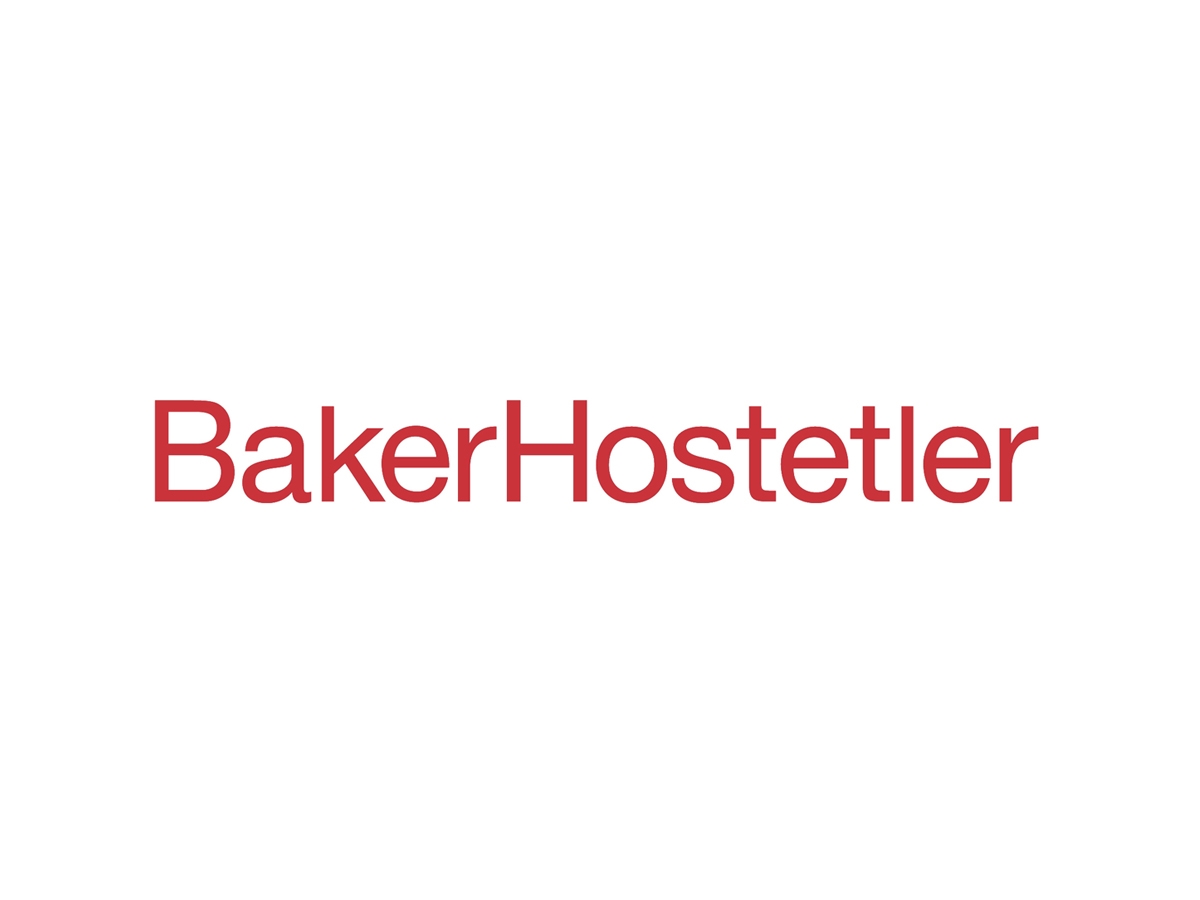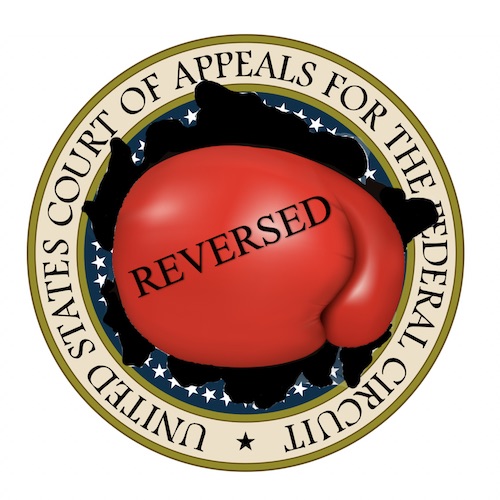Federal Circuit Addresses Personal Jurisdiction and Amazon’s Patent Dispute Procedure: What to Know Going Forward | BakerHostetler
On May 2, the United States Court of Appeals for the Federal Circuit (CAFC) issued a precedential opinion in SnapRays, d/b/a SnapPower v. Lighting Defense Group, discussing personal jurisdiction and – for the first time – Amazon’s “low-cost procedure … ‘[t]o efficiently resolve claims that third-party product listings infringe utility patents,’” called Amazon Patent Evaluation Express, or “APEX.” No. 2023-1184, Doc. 44 at 2 (Fed. Cir. May 2, 2024) (citation omitted).
APEX offers utility patent holders the ability to identify allegedly infringing products listed for sale on Amazon via the submission of an “APEX Agreement” to Amazon. Id. That APEX Agreement is then sent to the product seller, who is presented with three options: (1) opt in to APEX program and proceed with a third-party evaluation of the dispute and a determination by that third party of whether the products likely infringe; (2) resolve the dispute with the patent owner directly; or (3) file a lawsuit for declaratory judgment of noninfringement. Id. at 2-3. If no action is taken, the seller’s products are removed automatically. Id. at 3.
In SnapPower, after submission of the APEX Agreement, the parties exchanged emails and a call but could not reach agreement. Thereafter, SnapPower filed an action for declaratory judgment of noninfringement in its home state of Utah. LDG moved to dismiss for lack of personal jurisdiction, and the district court granted that motion. Id. at 3.
The CAFC reversed and made some interesting observations about the APEX program (addressing the program for the first time) and its relationship to personal jurisdiction. There was no dispute that LDG was not subject to general personal jurisdiction in Utah, and so the dispute centered on specific personal jurisdiction and whether “LDG purposefully directed enforcement activities at Utah when it initiated the APEX program.” Id. at 5. The CAFC found that it did, explaining that by submitting the APEX Agreement targeting a Utah company, LDG had undertaken “‘intentional actions that were expressly aimed at th[e] forum state’” and foresaw or knew “‘the effects of its actions would be felt in the forum state.’” Id. (citation omitted).
Among other things, the CAFC also distinguished its prior cases concerning cease-and-desist letters. In relevant part, the CAFC focused on the fact that there is no “automatic effect” if the recipient of a cease-and-desist letter takes no action. Id. at 7. On the other hand, if the recipient of the APEX Agreement takes no action, its listings are removed. The CAFC found this sufficiently distinguished the APEX program from the more common cease-and-desist letters. Id.
SnapPower provides at least two key takeaways. The first is that if a patent owner submits an APEX Agreement, the CAFC appears to agree that such act alone provides an “actual controversy” sufficient to provide federal courts with jurisdiction over a declaratory judgment action for noninfringement. The second is that patent owners should be aware that APEX Agreements are unlike cease-and-desist letters, and alleged infringers may quickly haul the patent owner into their preferred jurisdiction without the patent owner having any other contacts with that jurisdiction or having taken any other actions against the alleged infringer.
[View source.]






